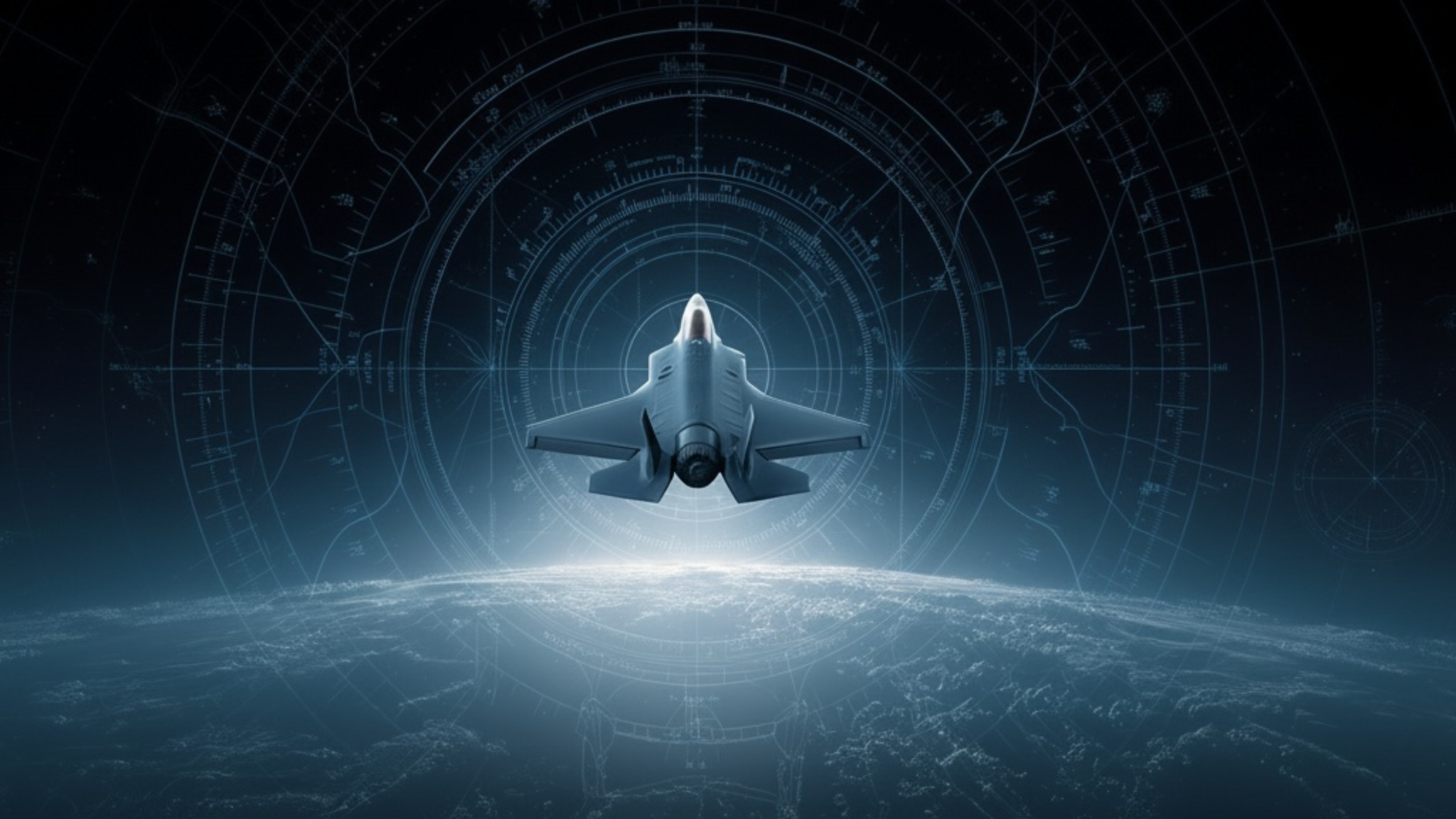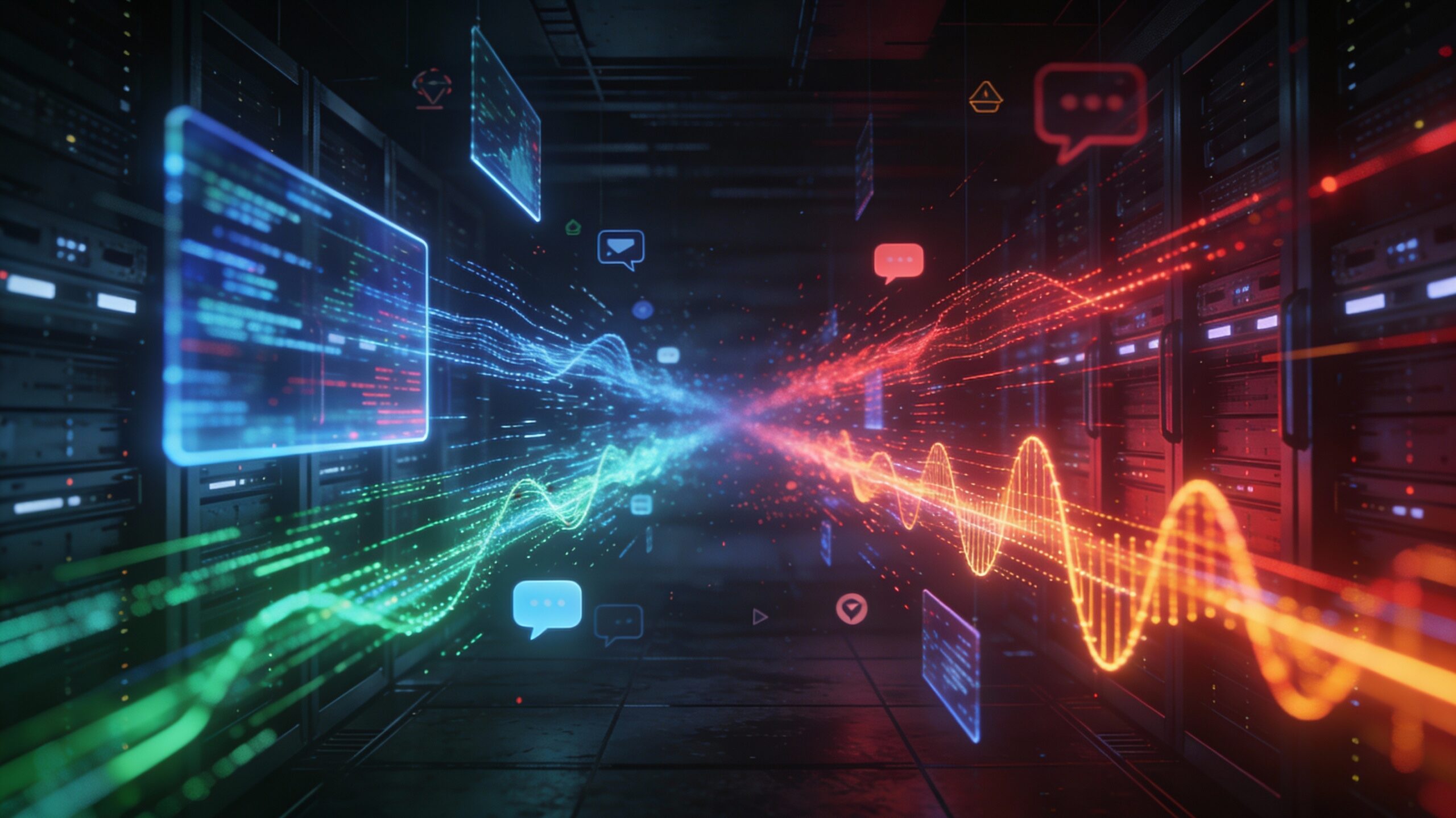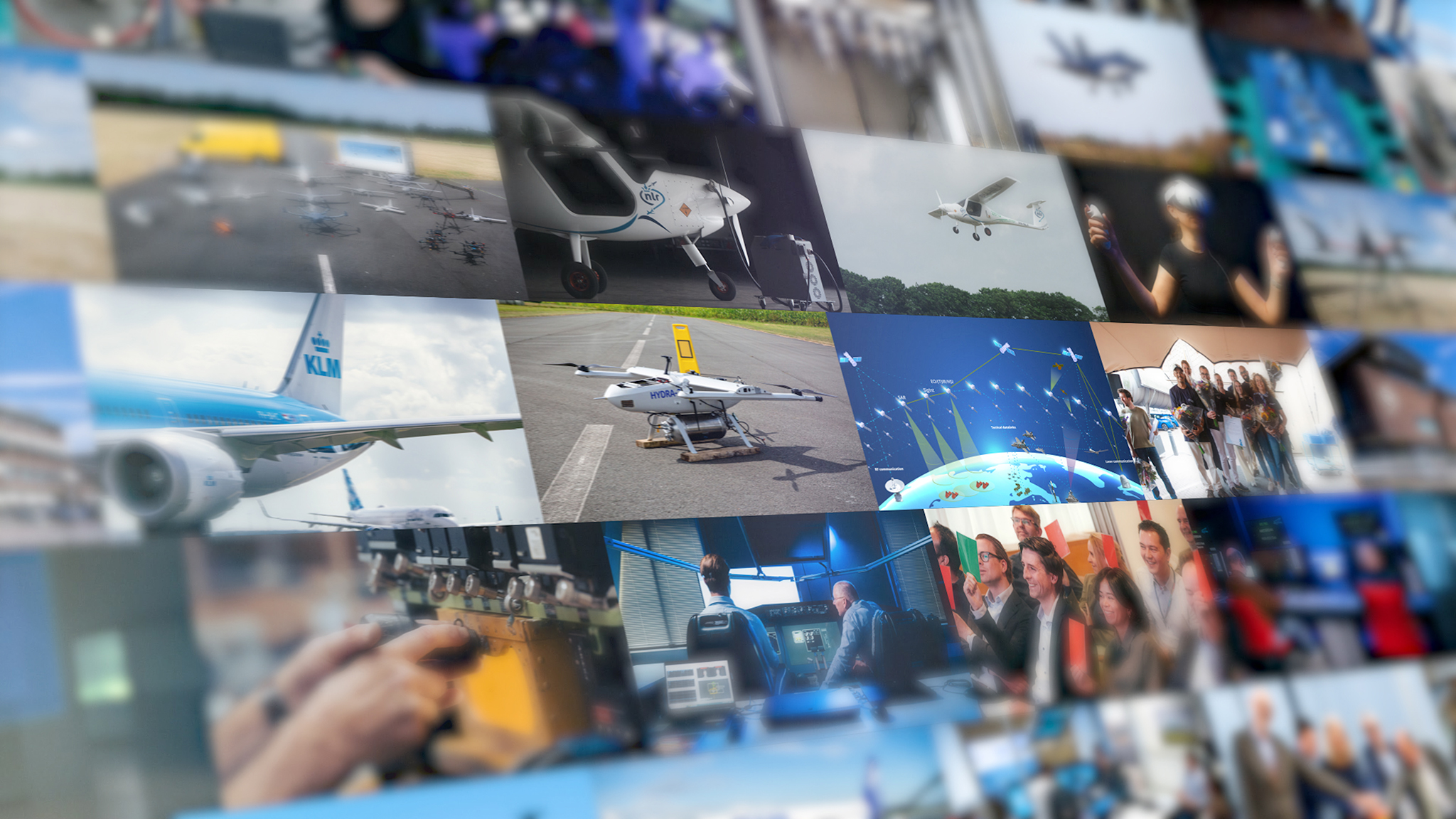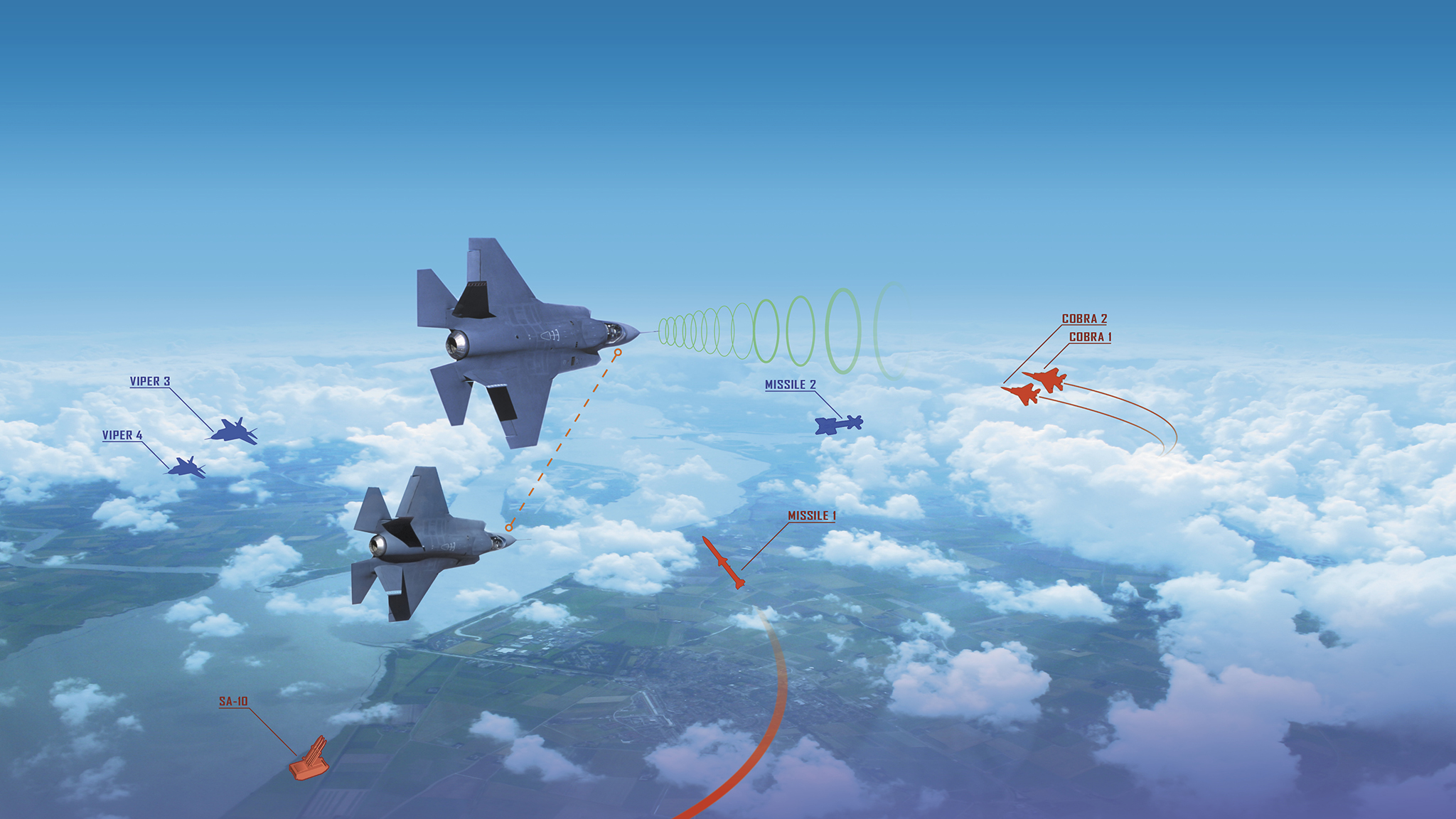The world is undergoing significant changes due to technological advancements and digital interconnectedness. Unfortunately, this also brings negative aspects, such as new threats and challenges to our safety and stability. Not only kinetic means pose a threat, but also cyberattacks, electronic disruptions, and disinformation campaigns. The Future Force Design team conducts explorations to have a relevant and up-to-date understanding of current trends, uncertainties, potential trend breaks, and disruptions, in order to understand how these changes can affect the safety of the Netherlands. This involves looking ahead up to 15 years.
“Identifying signals that may indicate an impending trend break is a crucial task for the Future Force Design team. We must be aware of so-called weak signals. The weak signals we see today can lead to a trend break in years to come. This is a challenging task. Predicting based on ongoing developments is relatively easy in comparison,” says team leader Antoine de Reus.
By combining different areas of expertise, we translate the future image into the capabilities that the Ministry of Defence needs to operate effectively in that future. This contributes to strengthening the deployability and future-proofing of our armed forces and the safety of the Netherlands.
Autonomy in space and emerging technologies
Not only the airspace is important for the safety of the Netherlands, but also the space domain is becoming increasingly crucial. We have seen earlier that there is a lot of attention for autonomy in space. The recent name change of the Air Command (CLSK) to Air and Space Command (CLRS)also underlines this importance.
Control over space is crucial for intelligence, communication, and navigation. Potential adversaries recognise the strategic importance of this and try to contest access to space. This means that access to space must also be guaranteed.
“The Netherlands must be able to stand on its own feet in space. Space is considered the new ‘high ground’ because strategic advantage, control, and safety are increasingly dependent on capabilities and operations in that domain,” according to Antoine.
Furthermore, we are dealing with emerging technologies, such as Artificial Intelligence and quantum technology. AI can fundamentally change military operations through faster data analysis, better target identification, improved decision-making, and the control of autonomous systems. Quantum technology can radically improve security and communication, for example with ultra-secure encryption and extremely fast data processing.
Additionally, new sensors may emerge that can even detect ‘stealth’ aircraft, which in turn requires new countermeasures, both in terms of technology and operational methods.
The team investigates how these technologies can be used to ensure the safety of the Netherlands and how risks can be managed. In the future, the team will continue to develop and expand to ensure the safety of the Netherlands. After all, you shape the future by seeing today what others do not yet see.



